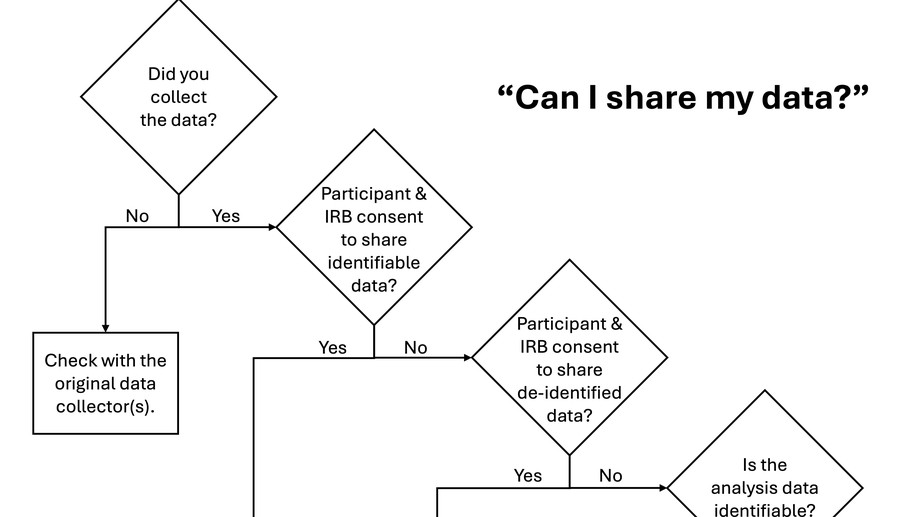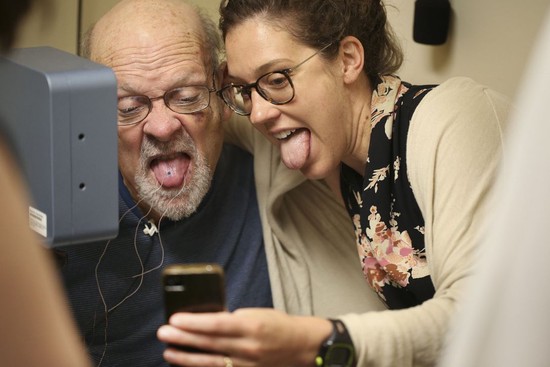Research Fellow
About me
I am a Conjoint Research Fellow in Speech Pathology between the University of Queensland and Princess Alexandra Hospital in Brisbane, Australia. My background is as a speech pathologist and speech scientist. For the longest time, I have been fascinated with how we so effortlessly transform thoughts and ideas into words and sounds and can be instantaneously understood by those around us. For many experiencing neurological changes, however, their ability to communicate can change over night and what once was an automatic task becomes significantly challenging.
At the University of Queensland, I am building a research program that (1) investigates the brain mechanisms underlying acquired motor speech disorders, and (2) develops and evaluates evidence-based speech therapy options for those living with neurological disorders. I conduct both basic science and clinical research using a broad range of methods (e.g., acoustic, neuroimaging, computational modelling), and I am committed to conducting rigorous, transparent, and accessible science.
At Princess Alexandra Hospital, I facilitate research in the Speech Pathology department, specifically mentoring speech pathologists in building research capacity and establishing a stronger evidence base for their clinical practise. This work focuses on knowledge translation and implementation science; making real-world change in the healthcare setting.
Interests
- Speech motor control
- Motor speech disorders
- Parkinson’s disease
- Speech kinematics
- Computational modeling
Education
PhD in Speech-Language Pathology, 2018
University of Toronto
BSc in Speech and Language Therapy, 2011
University College Cork

